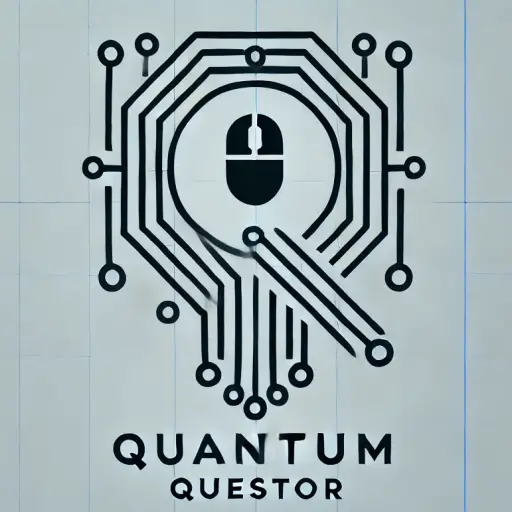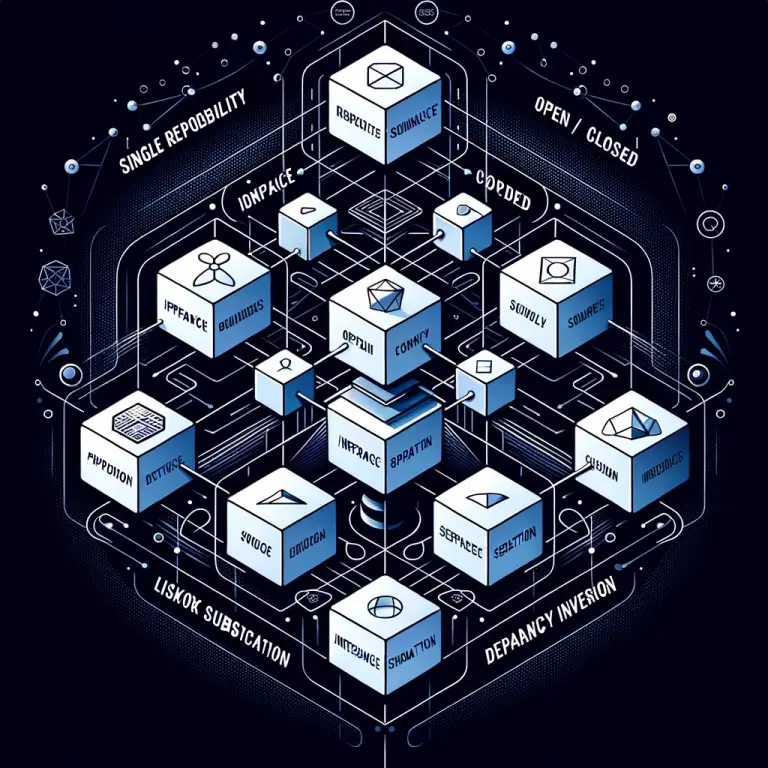Title: AI in Video Games: An In-depth Look
Introduction
Video games have evolved exponentially since their inception in the mid-20th century, offering players highly sophisticated and realistic experiences. Central to this evolution is the advancement in Artificial Intelligence (AI) technology, which has transformed the way games are created and experienced. But what exactly does AI in video games entail? This article will dive deeper into the world of AI in video games, examining its role, development over time, benefits, drawbacks, and future prospects.
Main Content
Understanding AI in Video Games
In the realm of video games, AI refers to the decision-making algorithms that dictate the behaviour of non-player characters (NPCs), elements and events in a game environment. These algorithms influence entities within the game to react and interact dynamically with the player and surroundings based on pre-set triggers and commands.
Historical Development
In the past, AI in video games was relatively simple, dealing mainly with the basic behaviours of NPCs and level design. For instance, in the iconic early video game ‘Pac-Man’, the ghosts followed straightforward paths in response to the player’s actions. Here, AI served a rudimentary but functional role.
As technology advanced, so did the complexity and capacities of AI in video games. Today, AI can generate dynamic and adaptive behaviours, enhance player engagement, and contribute to creating a more realistic game world. Games such as ‘Red Dead Redemption 2’ and ‘The Witcher 3’ showcase advanced AI, where NPCs have intricate patterns of behaviour, respond distinctively to the player’s actions, and contribute to an immersive narrative and gameplay.
Benefits of AI in Video Games
The integration of AI into video gaming has undoubtedly upped the quality and sophistication of games. It has pushed frontiers in creating complex video game ecosystems, elevating player immersion, gameplay realism, and overall entertainment value. Aided by AI, NPCs can exhibit a range of emotions, reactions, and unique behaviours, enhancing player engagement.
Moreover, game designers use AI algorithms to automate repetitive tasks, improving game efficiency and design. An example would be using procedural generation to auto-create vast, intricate landscapes in games.
Drawbacks and Challenges
Despite the numerous benefits, AI in video games comes with potential drawbacks. Foremost amongst these is the fear of AI making games less challenging over time as repeated behaviour patterns could be identified and taken advantage of by players. Moreover, designing advanced AI requires significant resources, which can increase the development time and cost of video games.
The Future of AI in Video Games
With continuous technological advancements, the prospects for further integration of AI in video gaming are promising. AI will become pivotal in creating more adaptive, interactive, and intelligent gaming environments. Concepts like machine learning and deep learning, used in teaching AI to learn and adapt autonomously, will revolutionize gaming AI’s capabilities. In essence, AI technology is set to redefine the boundaries of video gaming continually.
Conclusion
The role of AI in video games extends well beyond enhancing visual appeal and creating intriguing narratives; it is at the heart of creating immersive gaming experiences and making video games more interactive, engaging, and realistic. While challenges persist in fully harnessing AI’s potential in video gaming, the future undoubtedly holds possibilities for even more innovative and compelling gaming experiences. As we look to the future, one thing is clear; AI is, and will continue to be, an integral part of the video gaming landscape.

